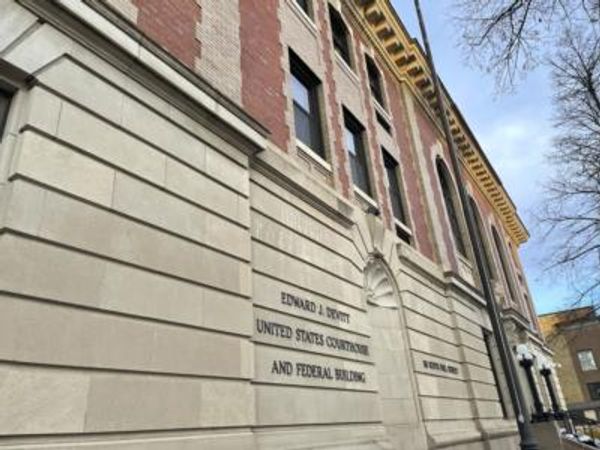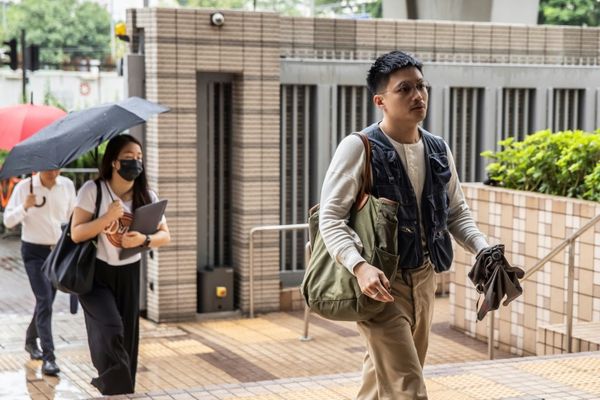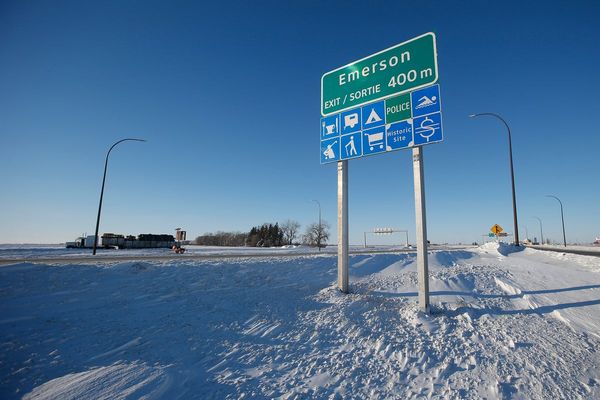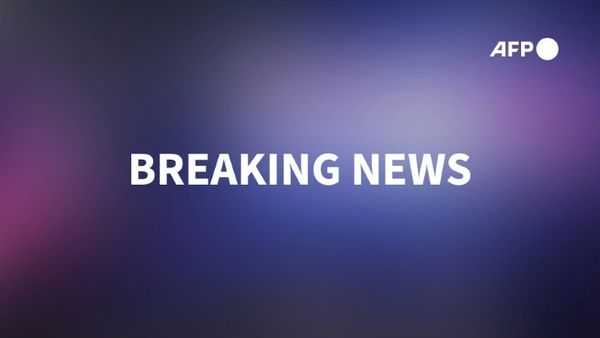MINNEAPOLIS — The reaction when it was revealed on Dec. 20 that agent Scott Boras had rebounded from San Francisco's cold feet on the signing of Carlos Correa to land a similar deal with the New York Mets was two-fold:
Reports were that Boras outflanked the reluctant Giants simply by making a call to Steve Cohen in Hawaii, where the Mets' wild-spending owner was having dinner.
Much like when he called the Twins in mid-March 2021, right before the start of the delayed spring training, and asked, "Do you want Correa for one year?'' Boras apparently asked Cohen, "Do you want Correa?''
The answer was "yes,'' and Boras quickly went from the 13-year, $350 million deal that fell through with the Giants to a 12-year, $315 million deal with the Mets.
The Giants, after an incredible honeymoon with their fans since the new ballpark opened in 2000, had seen attendance fall under 2.5 million for the first time in a normal, non-COVID season — and now they were getting vilified by the media and the public for bailing on Correa.
The narrative became: Ownership had used concerns over a long-ago Correa ankle injury (2014) simply to get out of a contract that it decided was excessive.
Hey, it's 2022 … we see something that fits with our view, and embrace it loudly, even when the actual facts of the matter are not yet fleshed out.
And very quickly, the Giants-bashing became spitting into its ballpark wind (not the same as at Candlestick, but still significant at times). The Mets' physical examination also caused that club to back off on the extra-long deal, and Cohen's team expressed those concerns much more publicly.
The main issue here was length: Boras wanted to get above the magic number of $300 million, that other players were achieving, and to do so he was able to sell the extra-long-term deals to the teams as a deterrent to luxury tax payments.
MLB's luxury tax number is $233 million in 2023, $237 million in 2024, $241 million in 2025, etc., with big financial penalties for excess.
Cohen is spending like the proverbial drunken sailor and will spend record 10s of millions in those penalties even without Correa. The Giants are well under that number for 2023, but stretching out the deal would've helped to avoid future luxury tax payments.
We're all pointing to the same thing now: The length that helped to limit or avoid luxury tax payments also led to increased concerns over Correa's ankle.
The unspoken reasoning was, "He's doing fine now, but what happens when he's 36 and we're still paying him a huge salary?''
Fortunately, and incredibly, in the rare abyss in which Boras found himself, the agent went back to his pals from March 2022: the Twins.
Six years, $200 million guaranteed, for the best two-way shortstop in six decades-plus in Minnesota … what say, ye Twins?
The response was, "Yes, we'll do that.''
Which was based on this reasoning: Correa's ankle has held up for eight years after a plate was implanted surgically from the injury on that slide in 2014, and there's a good shot that he can get 120-130 games out of it as one of the game's top 20 players through age 34.
This has been a fine time for Twins-bashing, at least from those commenting on social media, in newspaper responses, etc. More so, attendance was abysmal in 2022, considering the team was in first place in the dreary AL Central through most of the summer.
The narrative the Twins were too cheap to field a winner was popular, even though this has not been one of their longer stretches of losing:
They did win 101 games and hit an MLB record 307 home runs in 2019, and went 36-24 to win the AL Central during the COVID-19 season.
What they did in those two seasons was also add five more losses to put the world-record streak of postseason losses at 18.
Then came a terrible 73-89 in 2021, and then a collapse over the final weeks in 2022 to finish 78-84 and in third place in the much-ridiculed Central.
So, they again became the "cheap Pohlads'' to the cliché spewers. And when Correa's free-agent deals were announced, especially the rebound with the Mets, that became a familiar drumbeat.
"Cheap!''
And now that Correa's going to be signed, to a wondrous deal, those folks can go with, "They should've spent it on pitching.''
The pitcher mentioned most often as an alternative to Correa was Carlos Rodon, a 30-year-old left-hander coming off two excellent seasons.
Here's the deal: I would rather have Correa for six years to play shortstop than Rodon to become the leader of the rotation. Rodon's deal with the Yankees was six years, $162 million, meaning the Twins probably would have had to go to $180 million.
Rodon had Tommy John surgery in 2019. The odds of him being able to make 28 starts per season for six years are probably the equivalent of Correa making 125 starts per season at shortstop for the next six years.
As for starters, the Twins get back Kenta Maeda (also Tommy John surgery), a right-handed Rodon. Currently, there are also Sonny Gray and Joe Ryan established, Bailey Ober capable if he stays healthy and hopes for Louie Varland and Josh Winder.
And they are still going to trade Max Kepler (and not Luis Arraez, hopefully) to get another pitcher, so there's a possibility of a workable group here.
Enjoy the fact the Twins have a great shortstop for the foreseeable future. They only have to worry about whether Correa is still in that category until age 34, not 37 or 38.
As fallback deals go, Correa should be happy, too.
Firstly, there's no nonsense about moving to third, when half of his value is playing shortstop.
Secondly, the Twins have a much better chance to win the AL Central in 2023 than the Giants have to be competitive in the NL West. And they have as good a chance as the Mets do to win the NL East, being in there with the Phillies and the Braves, not the Guardians and the White Sox.
Smile. This is good.







